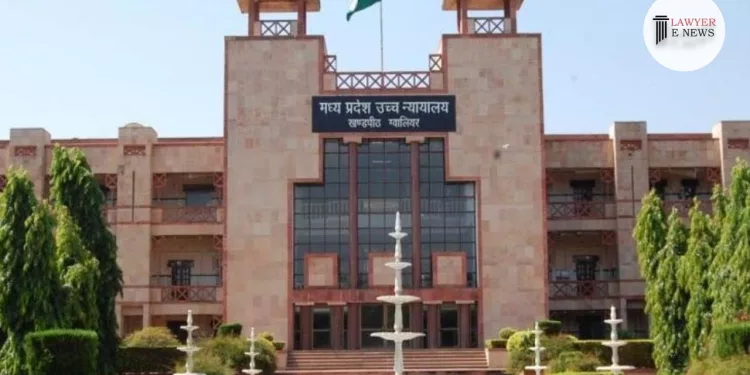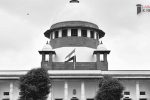High Court Upholds Women’s Property Rights in Joint Family Dispute, Excludes Self-Acquired Property from Partition

The High Court of Madhya Pradesh, led by Hon’ble Justice Dwarka Dhish Bansal, delivered a landmark judgment in the case of Kallo Bai versus Tekchand and Others on May 24, 2024. The court partially allowed the second appeal filed by Kallo Bai, affirming the plaintiffs’ entitlement to half of the joint family property while excluding a 1.14-acre self-acquired property from the partition decree.
Background:
The case originated from a dispute over the joint family property of Pirga, who had two sons, Kanhaiya and Harlal. Kanhaiya died in 1941, leaving behind his wife Kala Bai and two daughters, Maitha and Mathariya. Harlal died in 1980, survived by his wife Sarju and daughter Kallo Bai. The plaintiffs, daughters of Kanhaiya, filed a suit in 1999 seeking a declaration of a ½ share, partition, and possession of the joint family property. The trial court decreed in their favor, which was affirmed by the first appellate court, prompting Kallo Bai to file a second appeal.
Key Points of the Judgment:
Applicability of the Hindu Women’s Rights to Property Act, 1937: The court ruled that Kala Bai acquired rights in the joint family property under the Hindu Women’s Rights to Property Act, 1937, despite her husband’s death prior to the 1942 extension of the Act to agricultural lands. The extension was applied retrospectively.
Inheritance Under Hindu Succession Act, 1956: Upon Kala Bai’s death in 1960, her daughters inherited the property as per the Hindu Succession Act, 1956.
Self-Acquired Property: The court confirmed that a 1.14-acre land acquired by Harlal in 1954 through a registered sale deed was his self-acquired property, not part of the joint family estate. This land was excluded from the partition decree.
Adverse Possession and Partition Claims: The court rejected the defendants’ claims of adverse possession and separation during the lifetime of Kanhaiya and Harlal.
Court Observations and Analysis:
Justice Bansal meticulously examined the legal principles and factual matrix of the case. The court relied on the retrospective application of the Hindu Women’s Rights to Property Act, 1937, and the subsequent Hindu Succession Act, 1956, to affirm the plaintiffs’ rights. The judgment noted the lack of evidence supporting the defendants’ claims of partition and adverse possession. Significant legal precedents, including Potti Lakshmi Perumallu v. Potti Krishnavenamma and Chinthamani Ammal v. Nandagopal Gounder, were cited to reinforce the court’s conclusions.
Decision: The judgment underscores the importance of women’s property rights in joint family disputes and clarifies the applicability of historical property laws. The exclusion of the self-acquired property from the partition decree provides clarity on the treatment of individually acquired assets within a joint family framework. The ruling, while partially allowing the appeal, has significant implications for future property disputes involving similar legal contexts.
Date of Decision: May 24, 2024
Kallo Bai vs. Tekchand and Others






